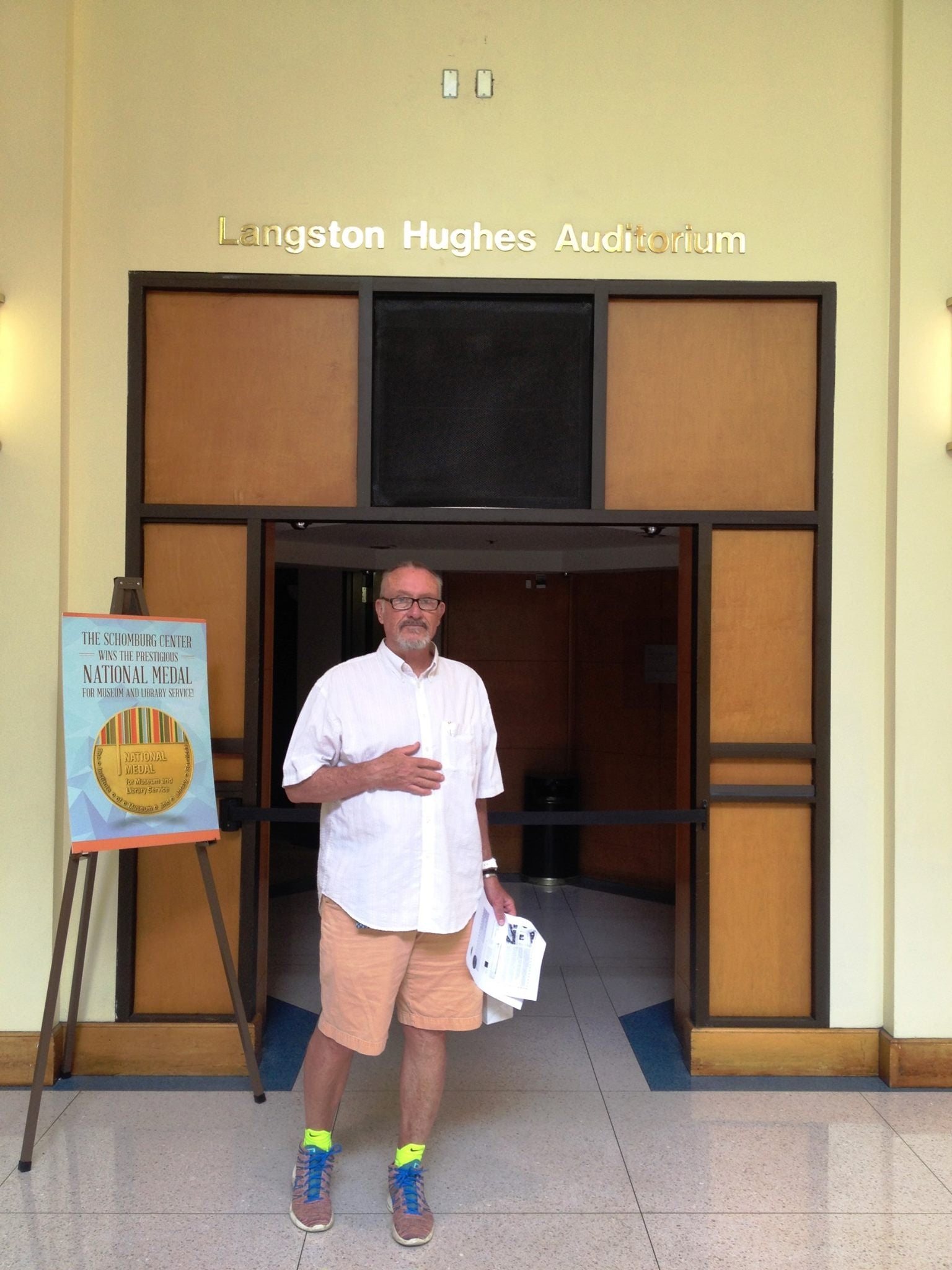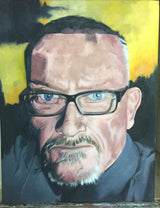Classics: "Greek Mythology," Edith Hamilton
Mythology:Published 1942; 515 pages;
Lesson Plans: Dialectic Journal: 336 pages, 3926 words, many visuals
At the basis of Western Civilization, the Greeks were pioneers. With the tradition of oral storytelling, writers like Homer hand Herodotus, dramatists like Aeschylus, Euripides, and Sophocles, comedians like Aristophanes, the Roman writers Virgil, poet Ovid took the oral stories and made them attract thousands to the Theaters that educated the populace. The Renaissance revived this Classic Tradition, translating the Greek and Latin text into their vernaculars and led to the New "epics: that were traditions in one country to another. Italy offered up Dante's Inferno; Spain El Cid and Cervantes' Don Quixote France the Chanson de Rolande,
The culture and storytelling allowed the painters and the artists to bring the masses into the Church, Michelangelo worked for the Pope, Donatello worked for the French nobles, Rafael for the DiMedicis. Leonardo became the inventor artist with sculpture, inventions, paintings, and biological studies of man.
And Shakespeare became the playwright in England to interpret Mythology iin "much Do About Nothing." "Midsummer's Night Dream," Romeo and Juliet," and "King Lear." The Modern era saw Joseph Campbell invesigate the period again, Sir James Frasier, Nietzshe in Germany, Freud and Jung throughout Europe.
And in America, George Lucas capitalized on the Geek myths in his StarWars saga.
So these are the stories that have been around forever in different versions!
Share
Mr. Brovsky's Vault
To thine own self. be true.

Mr. Brovsky's Vault is filled with Secondary (10-12) Lesson plans for year-long and semester classes in the Humanities.




